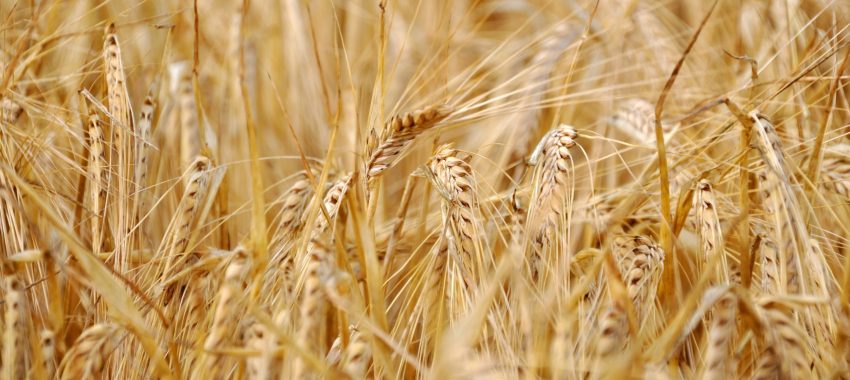“Organic farming produces between 29% to 44% less food than conventional methods,” says environmentalist Bjørn Lomborg. “It therefore requires as much as 78% more land than conventional agriculture and the food produced costs 50% more—all while generating no measurable increase in human health or animal welfare.”

Writing in the Wall Street Journal, Lomborg says:
“The rise in food prices—buoyed by increased fertilizer, energy and transport costs—amid the conflict in Ukraine has exposed inherent flaws in the argument for organic farming. Because organic agriculture shirks many of the scientific advancements that have allowed farmers to increase crop yields, it’s inherently less efficient than conventional farming. Research has conclusively shown that organic farming produces less food per acre than conventional agriculture.”
Overreliance on organic agriculture has already caused a disaster in Sri Lanka.
“President Mahinda Rajapaksa ran for election in 2019 promising a transition to organic food production. This policy produced nothing but misery. The eschewing of fertilizer caused rice production to drop by 20% in the first six months after the switch to organic farming was implemented.”
Sri Lanka has stopped its experiment.
Image of barley field by Isak Engström on Unsplash.
Image of Bjørn Lomborg by John Englart (Takver). Licensed under CC BY-SA 2.0.

